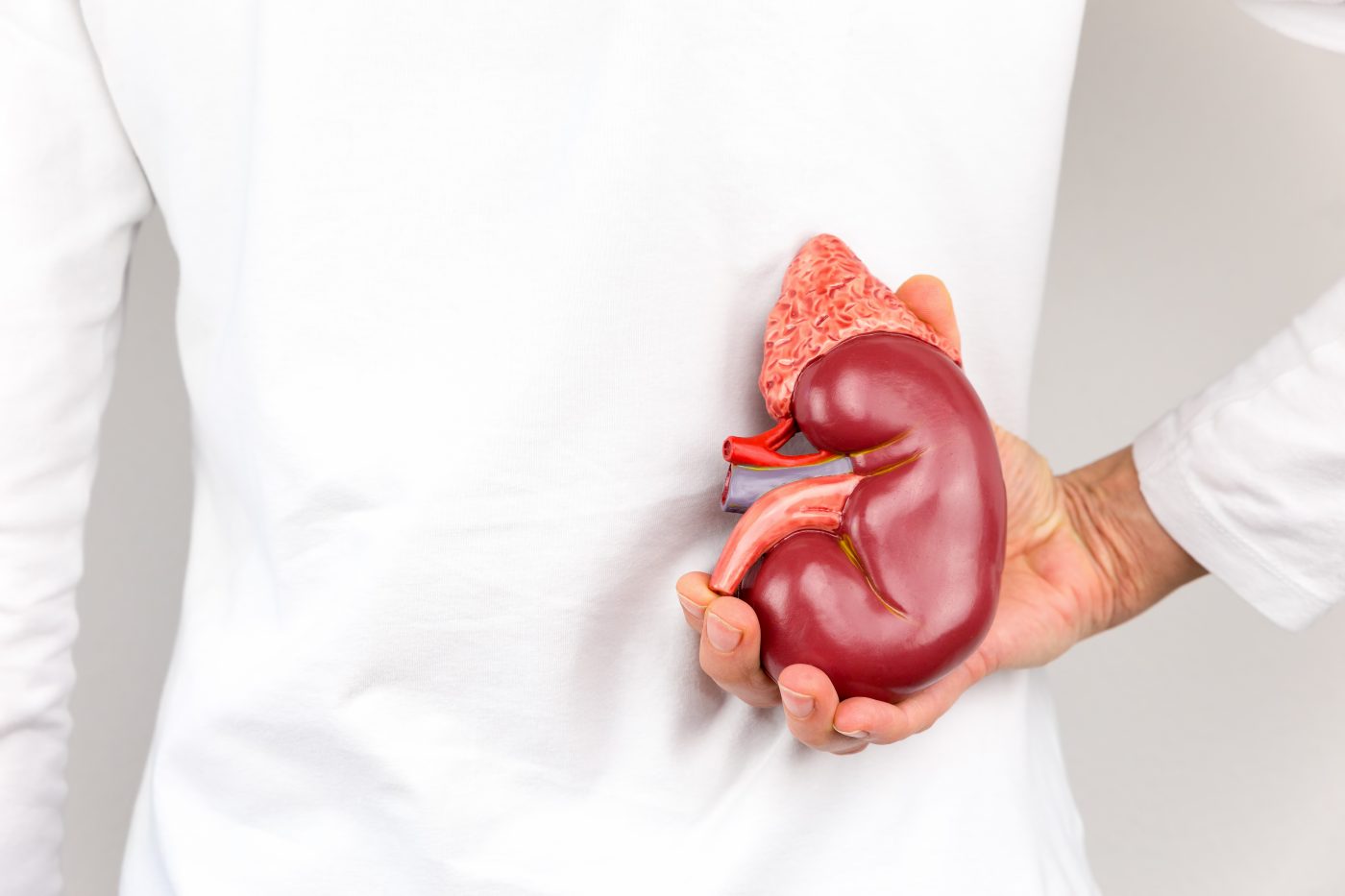Many Scleroderma Patients Needing Kidney Transplants Do Well, Study Finds
Written by |

Many scleroderma patients show an “excellent” response to a kidney transplant and such surgery should be considered for those with end-stage kidney disease, a study exploring the procedure found.
But its researchers also noted that scleroderma patients with lung involvement were the most likely to die after a kidney transplant, indicating that lung health need be included in transplant considerations. A comprehensive analysis of those patients most suitable for the procedure, however, was not part of the study’s scope.
The study, “Kidney transplantation in patients with systemic sclerosis: a nationwide multicenter study,” was published in the journal Transplant International.
A multicenter effort, it was led by researchers at the University Hospital Center of Rouen in France. They analyzed the medical records of all patients who had a kidney transplant due to end-stage kidney disease caused by scleroderma between 1987 and 2013. In total, they identified 34 patients who received 36 transplants.
In the majority, or 76.4 percent, a scleroderma renal crisis led to the need for a new kidney. In contrast to earlier data showing scleroderma patients fare more poorly after transplant than people with other kidney diseases, these patients did surprisingly well. After one, three and five years, 100%, 90.3% and 82.5% were alive, respectively.
None of the patients who died did so as a consequence of transplant surgery. Rather, the most common causes of death were heart disease and infection.
Three patients had a recurrent scleroderma renal crisis after the surgery. Among surviving patients, 97.2 percent showed no signs of kidney rejection at both one and three years post-transplant. After five years, 92.8 percent of the new kidneys were still functioning; those that stopped working largely did so because of immune rejection.
The research team also mapped symptoms in organs other than the kidneys. After a mean time of 65.7 months (almost 5.5 years), they found that skin, lung, and rheumatic symptoms in most patients either remained stable or improved. Heart disease worsened in five out of 11 patients, and digestive symptoms in five of 18.
In an analysis considering all types of symptoms, however, only lung involvement turned out to increase the risk of death.
“In our study, patient and graft survivals after kidney transplantation can be considered as excellent. On this basis, we propose that in the absence of extra-renal contraindication, SS [systemic sclerosis] patients presenting with ESRD [end-stage renal disease] should be considered for kidney transplantation,” the team concluded.





